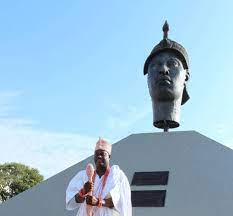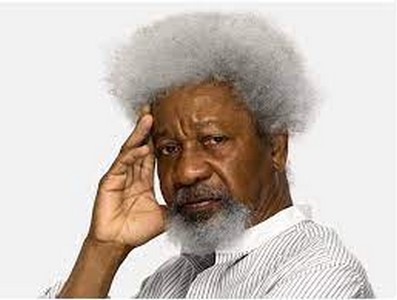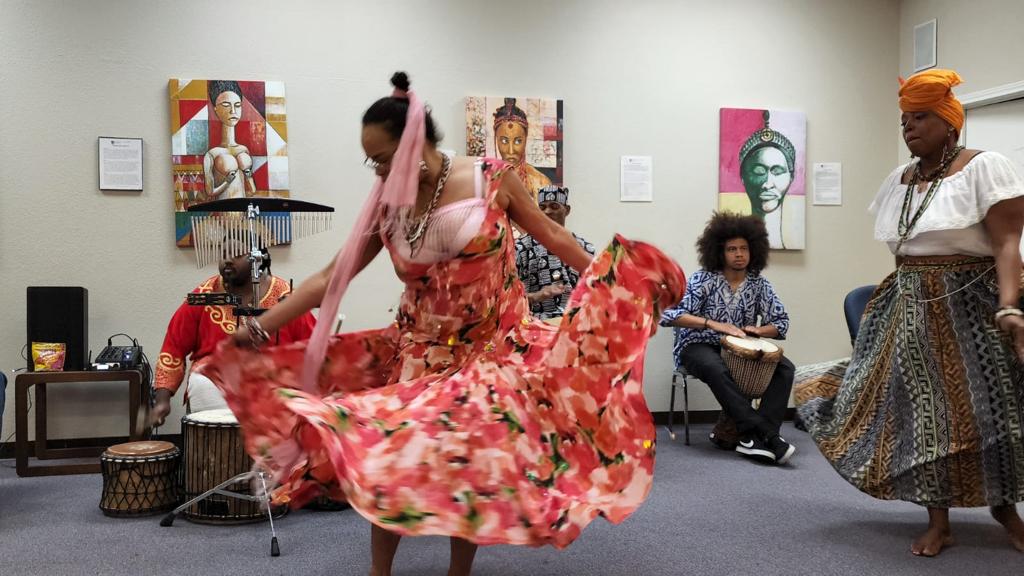Call us at (214) 906-2965
Call us at (214) 906-2965
We, Yorubas are a great and ancient people. Our ancestral African homeland, in the grassland and rain forest of western Nigeria, extends to the neighboring west African countries of Benin, Togo and even Ghana. By virtue of the spread of some of our people through the transatlantic slave trade between the 15th and 19th centuries, and voluntary migration for the proverbial ‘golden fleece’ in the twentieth and twenty first century, our Yoruba language, customs and ideas have become part of the popular culture in Canada, US, the Caribbean, Cuba, Latin America and the United Kingdom. This Yoruba Diaspora, as it is now called, is vibrant and dynamic, contributing positively to the growth and commerce of the various communities and countries in which Yorubas are found in large numbers, in the Dallas Fort Worth area.
Today, it is estimated that the population of persons claiming Yoruba origin or speaking a form of the Yoruba language number about 50 million around the globe. We are to be found in every country of the globe. Many of us still speak our language and uphold many enduring aspects of our ancient traditions as in greetings, marriage and customs. And although many Yorubas now profess either of the two monotheistic religions, Christianity and Islam, that originated in the Middle East, if you scratch the surface, many of us still harbor elements of the old religious traditions – of Ifa, Olokun, Obatala and Orunmila.
Yorubas generally believe in an afterlife, in rewards for good deeds and bad endings for the wicked. We still consult prophets and pray before we embark on any enterprise of any worth – be it marriage, school, choosing a profession, naming a child, or traveling. The new faiths are intricately woven into the old, thus explaining the popularity of the various Aladura sects of the 50s’ and 60s’ and the recent upsurge in evangelical and pentecostal churches both in Nigeria and the Diaspora. It is thus okay for us to still believe in witches, predictions, and going into the spirit to conquer present problems or guard for the future. Even though the old animist worships have largely died out in the old world, Yoruba religion is enjoying a revival in the new world. Yoruba religion, in the form of Santeria and Shango worship, is practiced officially by millions in modern day Brazil and Cuba, where it is a state recognized religion. There are also many adherents here in the United States, in places like Louisiana where African American ‘babalawos’ are still known to practice their arts, casting spells and warding off evil.

Ooni of Ife at the Oduduwa shrine in Brazil
From Ile-Ife, over the ensuing centuries, the various Yoruba groups – Ijebu, Oyo, Ekiti, Akure, Ondo, Egba, Ijesha and Ibadan - by conquest and assimilation, came to occupy the various geographical locations now associated with their names. The various Yoruba groups, even though they may affect different dialects, are united by one language and a common descent from Oduduwa. In language, customs and kinship, the Yorubas are related to the Itsekiri people of the Niger Delta, the Ga in Ghana, Nupe in Niger State, Nubia in Sudan, and many of the aboriginal tribes of Ethiopia whose languages, prior to supplantation by Amharic and Arabic, were very similar to Yoruba. It has been noted that Yoruba facial marks are very similar to those used by some indigenous people of the present day Sudan.
Today, Yoruba is very much a living language spoken by millions of native speakers with many different dialects in Nigeria, Togo, Benin and the Diaspora. Yorubanoid dialects also include Itsekiri language, spoken in the Niger Delta and Igala, spoken in the middle belt of Nigeria. A variant of Yoruba, Lucumi is the liturgical language of the Santeria religion in the Caribbean. In addition, Many Yoruba words are used in the African-Brazilian religion known as Candomble.
Yorubas represent the most vibrant, successful and dominant ethnic group to come out of Africa since the early 1900s’. Enterprising and intelligent, they dominated the early political and public life of Nigeria on its founding as a nation after the amalgamation by the British in 1914, producing its first physician (Dr Nahaniel King 1847-1884), first surgeon (Sir Samuel Layinka Manuwa, 1903-1976), first lawyer (Sapara Williams, 1855-1915 ), first civil engineer (Herbert Macauley 1864-1946) ) and first Anglican bishop (Ajayi Crowther, 1809-1891). Gbadamosi Adegoke Adelabu alias Penkelemesi (1915 - 1958) is recognized by the US Library of Congress for oratory.
Since independence from British rule in 1960, we have continued to play a vital role in Nigeria’s public life, exemplified by such leaders as Obafemi Awolowo (1918-1986). Yoruba language and culture are well known all over the world. Yoruba made adire (tie-dye) and ‘aso-oke’ are now part of modern fashion. On the world stage, we have produced Africa’s only Nobel laureate for Literature (Wole Soyinka), first Pulitzer prize winner (Dele Olojede) and Oscar nominated actors such as David Oyelowo. Yorubas lead other African migrants in western countries such as the United States and Britain in the fields of medicine, science, arts and education.
Yoruba language theater pioneered by the likes of Hubert Ogunde, Duro Ladipo and Baba Sala, is the foundation of Nollywood, the authentic Nigerian contribution to modern filmmaking which is now the third most productive film industry in the world after Hollywood and Bollywood. It is well known that modern art was ‘invented’ by the copying of African mask motifs, many from Ife and Benin, in the early part of the twentieth century by Picasso and other avante garde artists in Paris. Yoruba music is the very foundation of modern music from Afro-beat and jazz to calypso, soul and reggae. In short, the Yoruba way of life is very much alive, dynamic, influential and vibrant as ever.

Prof. 'Wole Soyinka
The first African Noble Prize Laurate in Literature
The future indeed appears bright for the Yoruba people. However, no culture, no matter how vibrant, can long survive without nurturing. The call today is for us to nurture our great Yoruba heritage by speaking, writing and reading in our language, teaching this to our children, and giving our children meaningful and authentic Yoruba names. We need to research and learn our family history and know our oriki, and stimulate through our every endeavor the expression of our rich Yoruba cultural heritage in every part of the globe where Yorubas dwell and thrive.

Dance evolution by African Americans
There are now more than 20 million individuals of Yoruba ancestry living in the United States. The majority of these (90%) are descendants of slaves who were brought to the New World from West Africa between the 16th and 19th century. Modern genetic studies have shown that the majority of black people born in the United States have their ancestral origin in Nigeria. It is estimated that two-thirds of these are from Yorubaland. In addition, recent immigrants from Western Nigeria (Yorubaland) have left their homeland to come to the United States in search of education, jobs and a better standard of living. What unites them all is their black skin and origin in Africa, specifically Yorubaland.